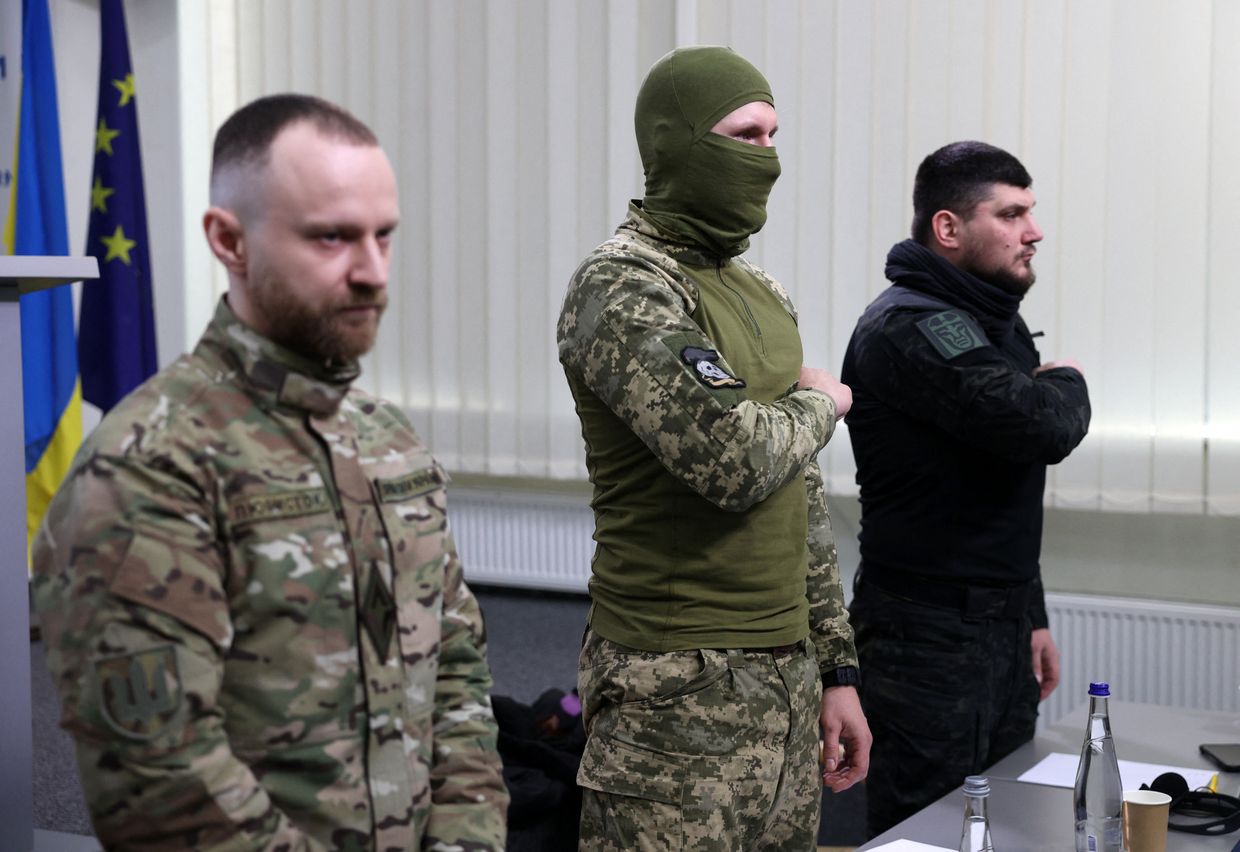Anti-Kremlin militia says 'hot phase' of recent incursions into Russia is over

The Russian Volunteer Corps announced the completion of the "hot phase" of its raids into border regions of Russia from Ukraine on April 7 in the evening.
Anti-Kremlin militias, including the Russian Volunteer Corps, the Freedom of Russia Legion, and the Siberian Battalion, launched incursions into Belgorod and Kursk oblasts on March 12, allegedly resulting in clashes with Russian forces in several settlements.
At a press conference later that month, representatives of the groups said their goal was to "open a second front" and ease pressure on Ukrainian troops on the Kupiansk axis. Russian nationalist Denis Kapustin, the commander of the Russian Volunteer Corps, said that the militias "stabilized the front" and "eased the pressure of Russian troops in certain areas."
Andrii Yusov, a spokesperson of Ukraine's military intelligence, confirmed to the Kyiv Independent that anti-Kremlin militias' raids made Moscow "change plans" on a possible new attack in Ukraine's northern sector.
Sabotage and reconnaissance groups have remained in Russia even after the hot phase of the operation was completed, according to the Russian Volunteer Corps.
On its Telegram channel, the unit named four fighters who were killed during the raids. The total losses of anti-Kremlin militias are unknown.
The militias claimed to have captured 37 Russian soldiers as of March 21 following their incursions. According to the fighters, Russia has lost over 1,500 soldiers killed and wounded and more than 100 pieces of equipment. The number is questioned by experts and believed to be significantly exaggerated.
Moscow initially tried to play down the scale of the attack, initially saying there were no hostilities in the region. Later, Russian authorities were forced to acknowledge a series of strikes and attacks and even began the evacuation of children from the affected areas of Belgorod Oblast.











